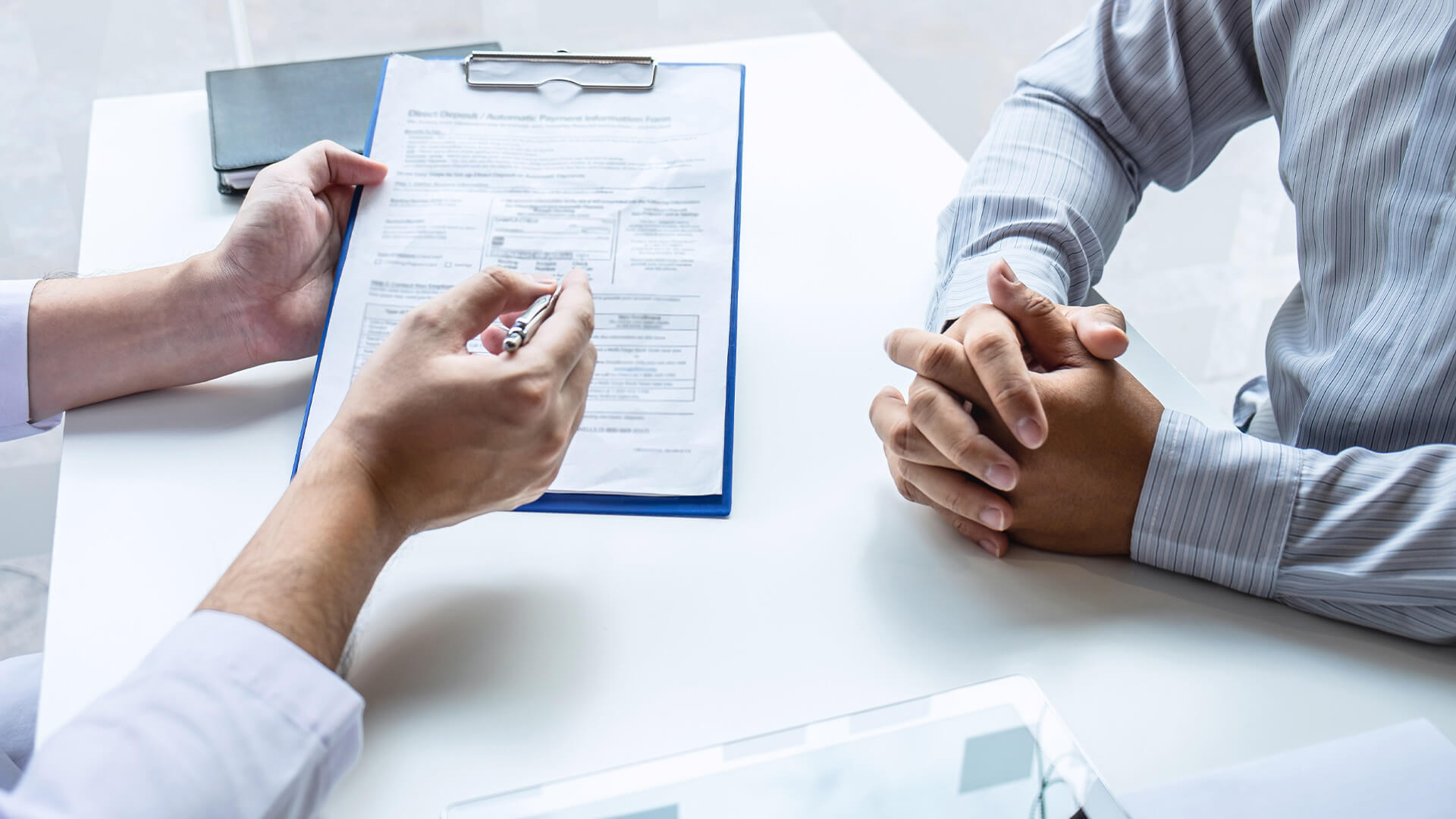Endometriosis is a chronic gynaecological problem that occurs in women of reproductive age and affects 10% of women worldwide. Endometriosis is when tissue, similar to the lining of the uterus, grows on one or more organs and is associated with severe, life-impacting pain.
The symptoms of Endometriosis are commonly misdiagnosed as conditions such as PMS, IBS or pelvic inflammatory disease and many women go undiagnosed for years. On average, it takes 7.5 years from onset of symptoms to get a diagnosis which can, in some cases, cause infertility.
More awareness is needed on the condition and how it affects many women’s day-to-day lives. Dr. Chris Guyer, Consultant and Endometriosis Specialist at TFP Fertility Group, the UK’s leading fertility clinics and IVF providers, shares his expert knowledge and advice on the condition.
What are the main symptoms of Endometriosis?
Pain is the main symptom which includes premenstrual and menstrual pain, some people might also have pain and discomfort when emptying the bladder, opening the bowels and during intercourse. These are the key symptoms that the majority of women with endometriosis will experience.
Our advice has always been that if the pain doesn’t seem like an ordinary period pain, then seek advice from a GP who should be able to explore the possibility of endometriosis. It’s important to press for a diagnosis to be made as soon as possible.
Many of our patients seek a private diagnosis if GP waiting lists are too long. Women are now more empowered to find their own specialists thanks to digital enabling them to explore options. TFP Fertility Group can also advise on specialists.
What problems does Endometriosis cause?
The pain can have an impact on normal daily activities, this could be struggling with work for example and calling in sick.
It can also impact home life like relationships and sleep, which develops into other symptoms like insomnia, fatigue, anxiety, depression, all these symptoms will often be an offset of trying to cope with the pain and stress.
Why does it take so long to diagnose Endometriosis?
Historically, many women will visit their GP, however it’s often mistaken for menstrual symptoms, especially when women first start their periods. This will be managed with painkillers or the contraceptive pill without a diagnosis being made.
There is then a delay in the diagnosis and many women aren’t getting the opportunity to see a gynaecologist. Endometriosis UK data showed that the average time between the onset of symptoms and when diagnosis was made was around seven years, for some it’s even longer.
We hope that the new cohort of GPs coming through are more familiar with symptoms to reduce that timeframe.
What are the treatments for Endometriosis?
Women should seek medical advice as each case is different. However, to give some background, there are usually three lines to treatment which includes pain management (given that pain is the main symptom) which comes in various guises, so this is often one of the first things we treat. That may be exploring anti-inflammatory medicines combined with a pain relief.
Outside of that there are hormonal treatments – commonly that could be the contraceptive pill, so a combined pill with oestrogen and progesterone or progesterone on its own. Both of those preparations are designed to try and suppress some of the hormonal drive to Endometriosis and reduce the inflammatory response that you get from it. There are other hormonal treatments but usually those would be under the guidance of specialists where you are suppressing the ovaries much more than you normally would do with the standard hormone treatments.
The other side of it is surgery to try and remove the endometriosis, which is usually done with a procedure called a laparoscopy.
Are there any lifestyle changes that could help manage symptoms?
Many women make dietary changes to manage their symptoms, however some women get misdiagnosed with having IBS.
There are other treatments such as acupuncture, reflexology and mindfulness – all of these are tried and used by many with varying degrees of success. It is often a case of trial and error to find something that works for the individual.
Are there any foods/supplements that can help manage the symptoms?
There is nothing that science has shown to improve symptoms – there has been some talk of spices such as turmeric and curcumin which are both readily available. Interestingly looking at their chemical compounds, they have some similarities to some of the female sex hormones, and there has been some suggestion over the last few years that those dietary preparations can help some women with varying endometriosis symptoms. However, there is still no strong scientific study to support this.
How can Endometriosis affect fertility?
Most women who have endometriosis will find it will have some impact from a fertility perspective – fortunately, the majority will still be able to conceive naturally. It may take them a little longer, but they will still conceive naturally, because the vast majority of women will have what will be characterised as mid or minor endometriosis affecting them.
Those who have more of a severe disease will start to have problems fertility wise mostly because it will alter the anatomy in their pelvis. We suspect that there is also some impact that the inflammatory response has on maybe egg production, maybe fertilisation, maybe sperm as well, as it may make a hostile environment for the sperm. So quite often these women, if they are going to have any treatment will end up in a fertility clinic and will often require IVF treatment to help.
What is your advice for those trying to get pregnant with Endometriosis?
If you know you have endometriosis, the advice would be that if you see a delay in conceiving naturally, then you should seek advice from a fertility specialist at the earliest opportunity. They may need further diagnostic tests to work out what is going on with their endometriosis and may require fertility treatment in the form of IVF. With this condition it is important to speak with a specialist when they know they are wanting to start trying for a family.
To find out more about TFP Fertility Group, visit www.tfp-fertility.com

Dr. Chris Guyer
Consultant and Endometriosis Specialist at TFP Fertility Group
Dr Chris Guyer MBBS FRCOG is a consultant gynaecologist with a special interest in laparoscopic and hysteroscopic gynaecological surgery. Chris had been a consultant at the Queen Alexandra Hospital in Portsmouth from 2001 until joining TFP Wessex Fertility in 2017.
In his time there he has helped develop minimally invasive surgical treatments for a variety of gynaecological conditions and in particular, developed an Endometriosis Centre to provide specialist care for women with this condition. Since 2014 Chris has been a council member for the British Society for Gynaecological Endoscopy and his role has been to help develop endometriosis centres across the UK.

















